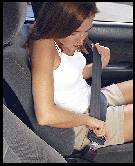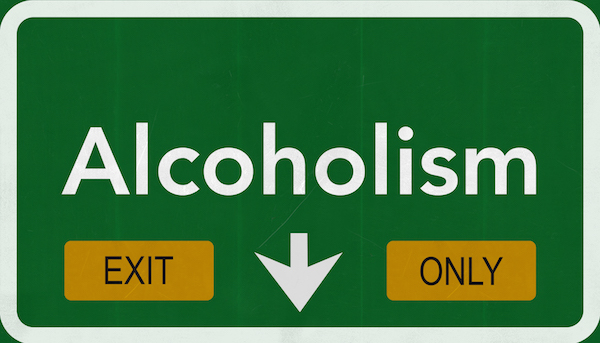
FRIDAY, June 15 (HealthDay News) — Two kinds of state laws can help reduce drinking and driving by teens, a large new study finds.
Graduated driver licensing laws limit new drivers to less risky driving situations until they acquire enough skills to become fully licensed. Use-and-lose laws permit the suspension of a teen’s driver’s license if they are caught using alcohol.
Researchers analyzed the drinking-and-driving behaviors of more than 111,000 males and more than 110,000 females, aged 16 to 17, from data in the Youth Risk Behavior Surveillance System for 1999 to 2009.
The results were published online June 15, and will appear in the September issue of the journal Alcoholism: Clinical & Experimental Research.
“The key finding of our study was that states with restrictive [graduated driver licensing] laws and use-and-lose laws had less youth who reported driving after drinking any alcohol or riding in a car with a driver who had been drinking alcohol,” study corresponding author Patricia Cavazos-Rehg, a research assistant professor in the department of psychiatry at Washington University School of Medicine in St. Louis, said in a journal news release.
“In other words, a student in a state with the strongest [graduated driver licensing] and use-and-lose laws would be approximately half as likely as a student in a state with the weakest laws to drive after drinking,” she added.
“Given that many states have already adopted restrictive [graduated driver licensing] and use-and-lose policies over the past decade, we were pleased that our findings support the strengthening of … laws that is already occurring,” Cavazos-Rehg said. “We hope our findings provide evidence for adopting and/or strengthening [graduated driver licensing] and use-and-lose laws to those states not already involved in these efforts.”
Teens make up less than 5 percent of licensed drivers in the United States, but account for about 20 percent of all traffic crashes, the researchers noted.
“These two laws, if they are strong, can have a significant effect on teen behavior and can save lives,” James Fell, a senior research scientist with the Impaired Driving Center at the Pacific Institute for Research and Evaluation in Calverton, Md., said in the news release.
“Parents and clinicians should reinforce the awareness of teens to these laws and work to get weak laws strengthened,” added Fell, who was not involved in the study.
More information
The U.S. Centers for Disease Control and Prevention has more about impaired driving.

